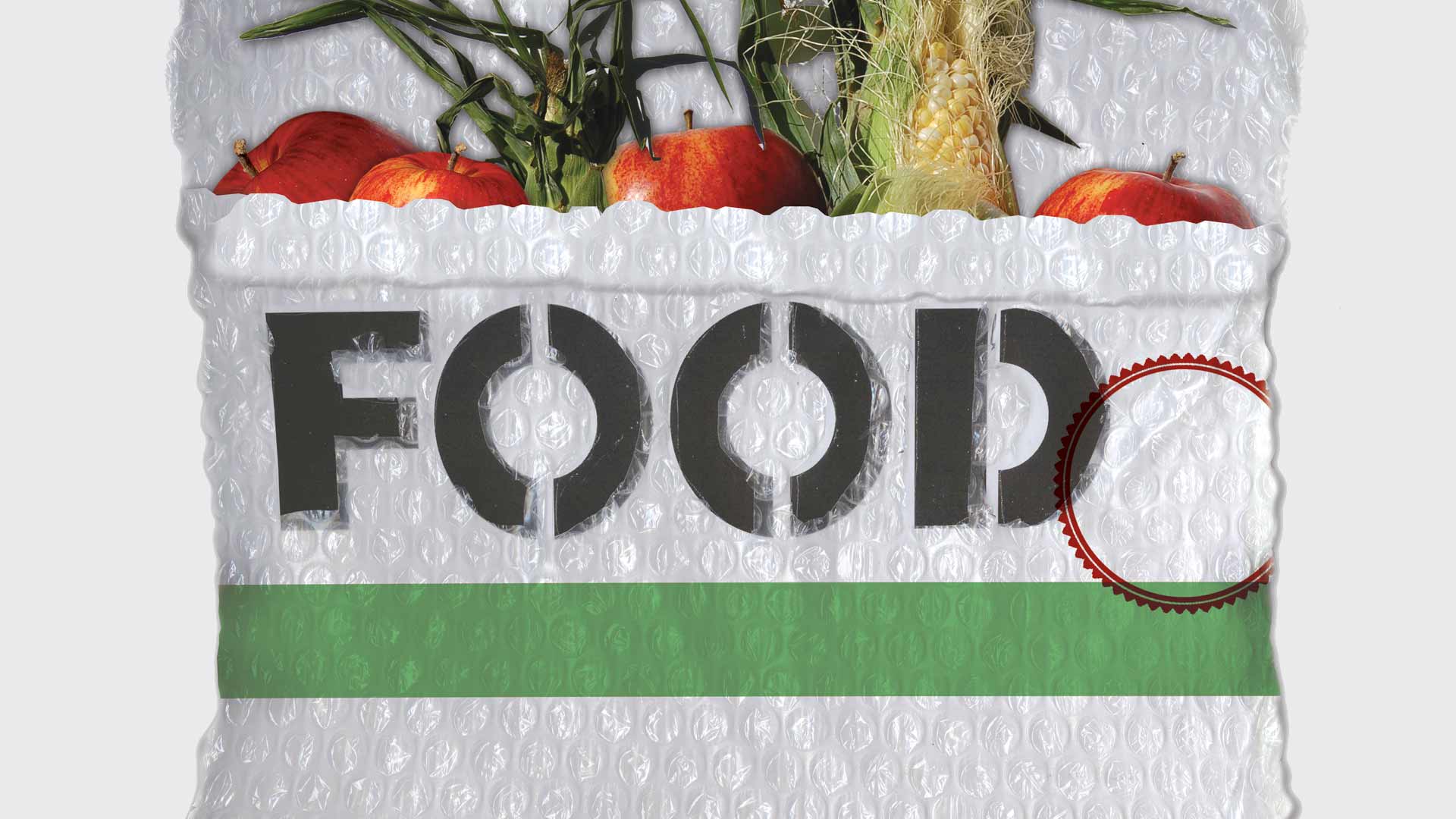— by Liz Morrison
Before Lavonne Kucera joined Caribou Coffee, she was part of a large food safety department at a multi-national company. But at Minneapolis-based Caribou, the entire food safety department is “me and only me!” Working solo, Kucera missed exchanging ideas with other experts in her field.
Jan Lillemo had the same feeling. She, too, worked in large food safety departments at several major food companies before starting her own consulting business, Lillemo & Associates, in Plymouth, Minnesota. If you’re the only food safety expert in your organization, she says, “Who do you bounce ideas off?”
Founded in a restroom
To connect with their colleagues, Lillemo and Kucera wanted to start their own “idea exchange.” Their concept, now known as the Minnesota Peer-2-Peer Food Safety Network, had humble roots: Lillemo likes to say the network was officially founded in a ladies restroom! At a seminar last year, she and Kucera were talking about how to get a group of peers together. They carried their conversation into the restroom, where they were overheard by an AURI staffer, who said: I didn’t mean to eavesdrop, but I think AURI
can help.
AURI worked with Lillemo and Kucera to organize the group and now provides administrative support. The network is for food safety professionals working for small- and medium-sized businesses. The group meets monthly to share expertise, best practices and research. The members — who all have 15 to 30 years of experience in the field — are typically the only food safety specialists at their companies.
Members hail from a broad range of food industry sectors: food processing, retail grocery, wholesale distribution, restaurants and food service. And most members have worked in more than one sector. This breadth of experience is a big plus, Kucera says, offering “vast knowledge” and many strategies for ensuring a safe food supply.
“Our mission is to be a resource for each other,” Lillemo says. “There are lots of good food safety groups around, but I don’t know of any other group like this one, just for people who work in small food safety departments.”
Despite their diversity, network members have many food safety issues in common, Lillemo says. At a recent meeting, the group discussed approaches to certifying and auditing suppliers. “This is a huge issue now. We are responsible for assuring that our suppliers are providing safe products.”
It was especially helpful to hear about other companies’ policies for adding and dropping suppliers, Kucera says. “I took some of those ideas and modified parts of our supplier certification program.”
At another recent meeting, the group talked about “natural” trends in food marketing. “There’s no FDA definition of natural,” Kucera says, “so it was helpful to hear how others are defining it.”
Getting ready for new food safety rules
Another key issue that all the members have in common is preparing to meet stringent new regulations, Lillemo says.
In 2011, Congress passed sweeping changes in the nation’s food safety laws. The Food Safety Modernization Act sets new standards for growing, harvesting, storing and transporting fruits, vegetables and many other foods. All food companies will be required to identify food safety hazards in their operations, and develop controls to
prevent contamination.
Specific rules are still being written, says AURI meat scientist Carissa Nath, but the new requirements will be similar to the Hazard Analysis and Critical Control Point (HACCP) plans now required in the meat, seafood, juice and egg industries.
“At AURI, we work with a lot of food-related projects,” says AURI project director Bruce Stockman, who assists with network meetings. “Many, if not all, will be affected by these new food safety rules.” One of AURI’s priorities is to help these smaller food companies and start-ups comply, by connecting them to training and other resources, Stockman says.
It’s important for the food industry to work together to ensure a safe food supply, Lillemo and Kucera say. “We believe that food safety is not a competitive advantage,” Lillemo adds. “The food industry rises and falls together. If one company has a food safety problem, we all have a problem.”
